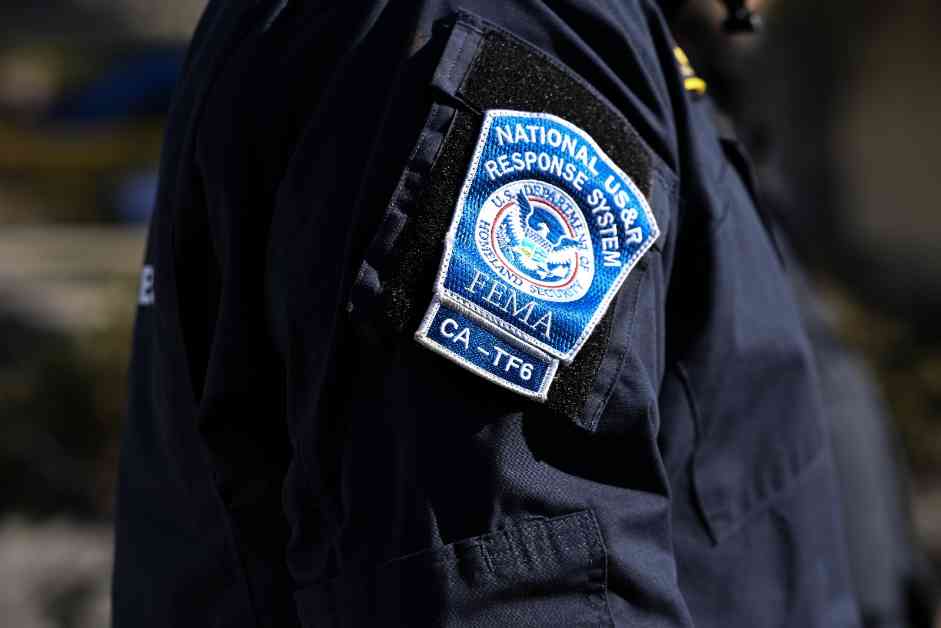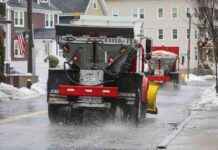The Federal Emergency Management Agency is making some big changes for the upcoming disaster season, according to a memo obtained by Wired. The agency will no longer be sending workers door-to-door to help survivors, a practice that has been in place for years.
Under the new reforms outlined in the memo, FEMA will focus on providing assistance at fixed facilities rather than going directly to people’s homes. This change is meant to improve access to those in need and increase collaboration with local partners and service providers.
One FEMA worker expressed concern that ending door-to-door canvassing will make it harder to reach vulnerable individuals, especially those who are elderly, disabled, or lack transportation. They believe that this method has been crucial in reaching the most impacted communities.
Geoff Harbaugh, an associate administrator at FEMA, defended the decision, calling door-to-door canvassing a wasteful and ineffective program. He believes that changes in leadership have led to a more efficient approach to supporting disaster survivors.
However, Todd DeVoe, an emergency management coordinator, disagrees with this assessment. He believes that door-to-door outreach is essential for reaching survivors in critically hit areas, especially those who may not receive information through other channels.
The decision to end door-to-door canvassing became controversial during Hurricane Milton last year when it was alleged that workers were instructed to avoid homes with Trump yard signs. The incident led to the firing of several employees and accusations of discrimination against Trump supporters.
The White House’s 2026 budget includes a critique of what it calls “woke FEMA grant programs” and proposes cutting funding for non-disaster programs. The budget document states that FEMA will no longer discriminate against Americans based on their political beliefs.
Despite the controversy surrounding door-to-door canvassing, there is no clear explanation in the FEMA memo for why the practice is being discontinued. The agency has deployed this method in states with federal disaster declarations in the past.
These changes come at a challenging time for FEMA as it prepares for the upcoming disaster season. The agency faces staff cuts and budget reductions, which may impact its ability to respond effectively to disasters.
The memo outlines several other reforms, including a shift towards relying more on local and state partners for assistance. FEMA aims to support these partners rather than replace them in disaster response efforts.
As responsibilities are shifted from FEMA to local responders, questions remain about the ability of smaller states to handle disaster recovery efforts. The impact of these changes on vulnerable communities and the overall effectiveness of disaster response efforts remains to be seen.














